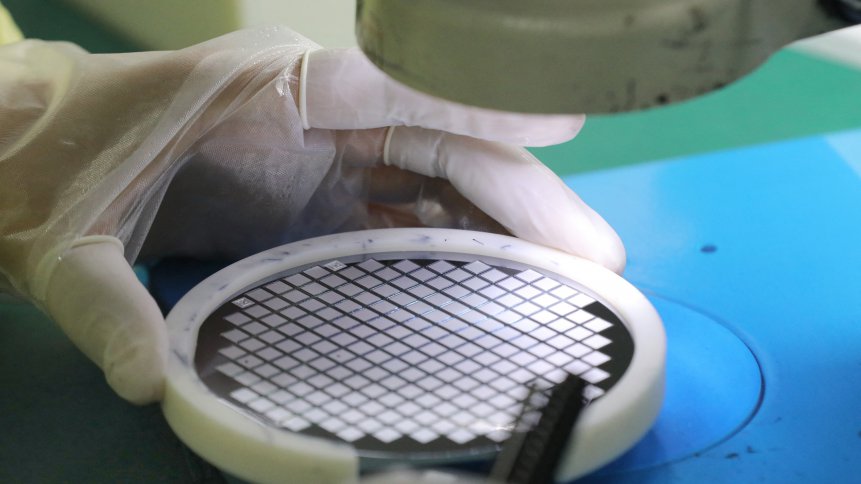
- Less than a year since its biggest increase in price, TSMC is weighing in another round of price hike for its chips, which may take effect by early next year.
- Across both mature and advanced chip production technologies, the price hike would be “single-digit percentages”.
Back in August last year, the world’s biggest contract chipmaker, Taiwan Semiconductor Manufacturing Co or better known as TSMC, announced a price hike of between 10% to 20% on its chips . It was the company’s steepest single increase in a decade but not an isolated action–TSMC have raised prices several times since the pandemic. The chip giant attributes its actions to Covid-19-related shortages, material costs and even supply chain constraints.
Yet, less than a year since its biggest increase in yet, it is reported that TSMC is weighing in another round of price increase, due to looming inflation concerns, rising costs and its own massive expansion plans to help alleviate a global supply crunch. People briefed on the matter told Nikkei Asia that the Taiwanese giant had informed clients it is planning to raise prices by “single-digit percentages” across both mature and advanced chip production technologies.
The price hike for this round will apparently take effect by the beginning of 2023, they said. To recall, the August 2021 price hike involved the company’s most advanced chips (10% increase) and less advanced chips used by customers like automakers (20% increase). That price hike, according to Wall Street Journal, generally took effect late last year and this year.
This round, two people told Nikkei Asia that “the price increases will be about 5% to 8% for different process technologies, from cutting-edge to legacy nodes, making products from advanced processors, connectivity chips and sensors, to microcontrollers and power management ICs.”
“The early notice is to give customers some buffer to prepare for the price adjustments, while the moveby TSMC to raise prices on its chips is to address increasing costs and capital needs for historic expansions,” Nikkei Asia quoted one of its sources. However, this time around, it might not be as accepting as given the slowing demand for products like smartphones and PCs, it might be difficult for clients to fully accept TSMC’s planned price hike.
“For the advanced chips it might work, but for matured nodes, it could be quite challenging for customers to accept,” one of the people said. For context, the price hike also reflects the hefty costs of TSMC’s own expansion push whereby it is spending US$100 billion through 2023 to increase capacity, with US$40 billion to US$44 billion earmarked for this year alone.
Gartner’s research VP Alan Priestley have also highlighted recently that “The semiconductor average selling price (ASP) hike from the chip shortage continues to be a key driver for growth in the global semiconductor market in 2022.” However, he also expects that overall semiconductor component supply constraints will gradually ease through this year, which will then stabilize prices with the improving inventory situation.
Even TSMC Chairman Mark Liu in March said all semiconductor players have been directly impacted by the rising prices of components and materials, which are driving up production costs. It is fair to note that prices of semiconductors have been climbing since the last quarter of 2020 amid a global supply crunch. Smaller foundries have repeatedly ramped up their own prices and United Microelectronics, the world’s third-largest player, now charges more than its bigger compatriot for some services, four industry executives told Nikkei Asia.










